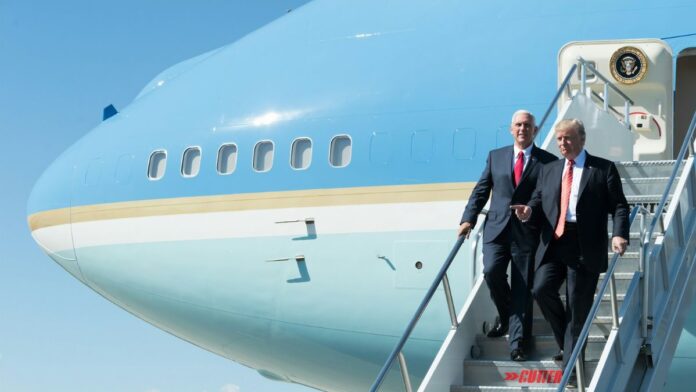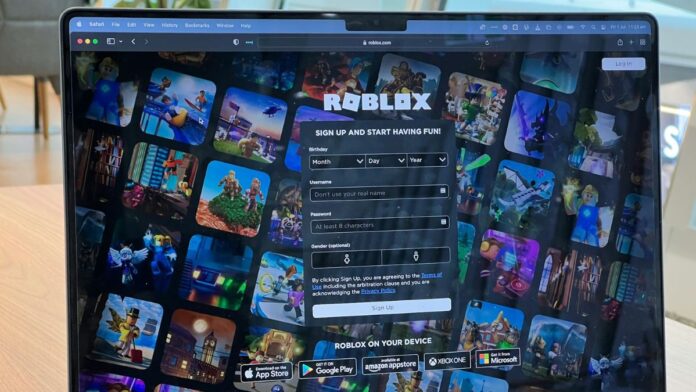President Donald Trump revealed on Friday that the U.S. government has acquired nearly a 10% ownership stake in Intel, one of America’s largest semiconductor companies, in what he called a “great deal for America.”
Speaking from the White House, Trump said the deal came after a direct conversation with Intel CEO Lip-Bu Tan: “He walked in wanting to keep his job, and he ended up giving us $10 billion for the United States,” Trump remarked.
Intel Confirms $8.9 Billion Investment
Intel confirmed the agreement, stating the government will invest $8.9 billion in Intel stock, purchasing 433.3 million shares at $20.47 each, giving the U.S. a 9.9% stake.
The funding combines $5.7 billion in CHIPS Act grants with an additional $3.2 billion from the Defense Department’s Secure Enclave program. Including previous grants, total federal support for Intel now stands at $11.1 billion.
Intel clarified that the U.S. will not have a board seat or access to confidential information, though it will vote with the board on most shareholder matters.
Trump Hails It as a ‘Great Deal’
On Truth Social, Trump celebrated the move: “Great Deal for America and, also, a great Deal for INTEL. Building leading edge Semiconductors and Chips, which is what INTEL does, is fundamental to the future of our Nation.”
Commerce Secretary Howard Lutnick also called the deal “historic” on X.
BIG NEWS: The United States of America now owns 10% of Intel, one of our great American technology companies.
This historic agreement strengthens U.S. leadership in semiconductors, which will both grow our economy and help secure America’s technological edge.
Thanks to Intel… pic.twitter.com/AYMuX14Rgi
— Howard Lutnick (@howardlutnick) August 22, 2025
Why This Deal Matters
This marks a rare instance of the U.S. taking a direct equity stake in a private tech giant, signaling the Trump administration’s aggressive pursuit of securing domestic semiconductor leadership.
The CHIPS Act, passed in 2022, allocated $53 billion to boost U.S. chip manufacturing. With this deal, the government now has a financial stake in Intel’s success at a time when the company faces tough competition from Nvidia and other rivals dominating the AI chip market.
Intel has also posted losses for two consecutive quarters, adding urgency to efforts to revive its global standing.
The Backstory: Trump’s Pressure on Intel CEO
Earlier this month, Trump criticized Lip-Bu Tan over alleged links to Chinese tech investments, even suggesting he resign. Days later, Tan met with Trump, resulting in Friday’s landmark agreement.
Chris Miller, author of Chip War, noted: “It’s too early to know if this equity deal will help Intel regain leadership or complicate its efforts.”




